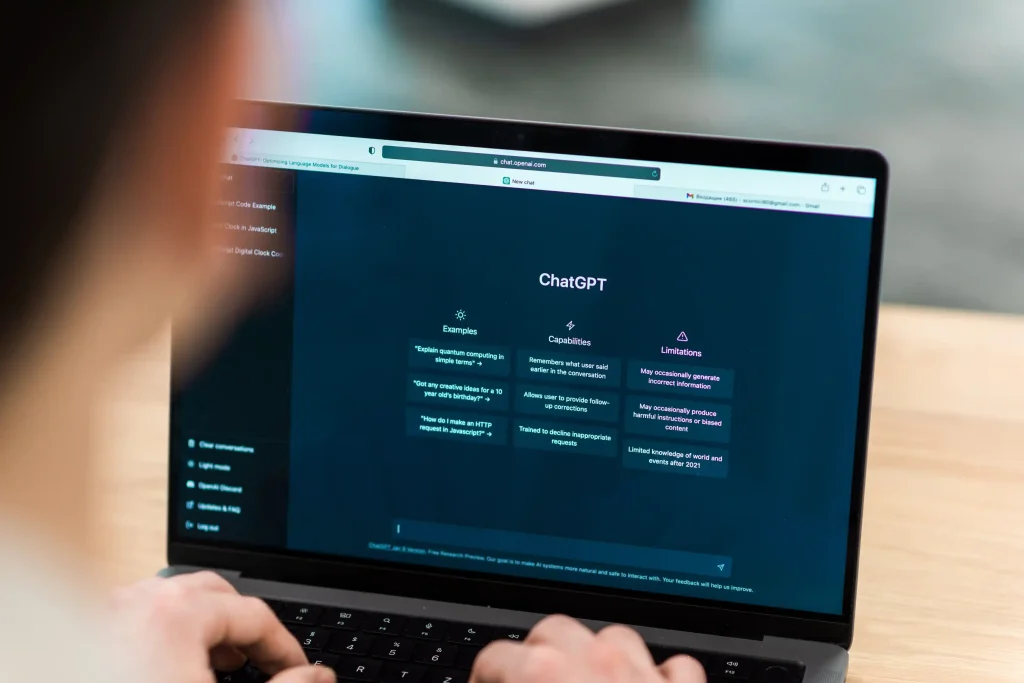Aravind Srinivas: The New Power Player in the AI Space
At just 31, Indian-origin founder Aravind Srinivas, formerly of Google and OpenAI, is spearheading Perplexity AI, a search-focused AI startup that is rapidly gaining traction and challenging the established dominance of OpenAI’s ChatGPT and Google’s Gemini. Perplexity AI’s strategy is not to directly mimic its larger competitors but to carve out a distinct niche, particularly by focusing on providing accurate, cited answers and, crucially, by making aggressive market plays in emerging economies like India.

Under his leadership, Perplexity has surpassed ChatGPT to become the most downloaded free app on the iOS App Store. This surge in popularity comes on the heels of a strategic partnership with Airtel, which offers Airtel customers free access to Perplexity AI Pro for one year. Normally priced at ₹17,000 annually, this subscription includes access to Perplexity’s exclusive tools like the Comet browser, as well as the latest ChatGPT and Claude models.
Perplexity AI’s partnership with Airtel is a bold move in democratizing AI access in India, offering powerful tools to millions for free. With rising popularity and strategic positioning, Perplexity is fast emerging as a serious contender in the global AI race.Perplexity is also rolling out early access to its invite-only Comet browser for non-paying users, aiming to expand its reach even further.
Why Perplexity is Winning the Masses
Unlike competitors like Gemini Pro, which is primarily targeted at students, Perplexity AI caters to a wider demographic—from school students to research scholars and working professionals.
Perplexity Pro delivers real-time, structured answers by leveraging advanced models like GPT-4.1 and Claude. It replaces traditional search engines with contextual, citation-backed insights. Users can upload documents, ask follow-up questions, and summarize complex data, all within one interface.
For students, Perplexity simplifies dense academic material and assists with research deadlines.
For professionals, it acts as a powerful tool for drafting content, extracting insights from reports, or even generating visuals and code via Perplexity Labs.
Perplexity vs ChatGPT: The Battle for App Store Supremacy
While Perplexity dominates the iOS charts, ChatGPT remains the most popular app on the Google Play Store. Both platforms have seen user surges in India—ChatGPT fueled by viral trends like Ghibli art, and Perplexity through its Airtel partnership.
India’s Growing Reliance on AI
India’s AI market is booming, projected to reach $8 billion by 2025, with generative AI alone expected to add $438 billion to GDP by 2030. A survey by LocalCircles revealed:
28% of respondents use ChatGPT
9% use Perplexity
6% use Co-Pilot (via Bing)
3% each use Gemini and LLaMA
AI adoption is no longer confined to workplaces; it’s spreading across households and educational institutions nationwide.
Apple’s Eyes on Perplexity?
Within just three years, Perplexity AI achieved a valuation of $18 billion, attracting interest from tech giants like Apple and Meta for potential acquisition. Apple, seeking a breakthrough in AI, reportedly held internal discussions about acquiring Perplexity to bolster its search and AI capabilities, as per Bloomberg.
The Future of AI Models
OpenAI and Anthropic continue to dominate with combined venture funding of $81 billion, over half the total AI venture capital raised globally. However, Perplexity’s unique focus on the browser space offers an edge.
Competition is real. OpenAI is extremely well-funded and doesn’t face the same innovative constraints under the DMA. ChatGPT is their most successful consumer product, making direct competition challenging. That’s why I prefer to focus on the browser space—Comet can become an abstraction layer above chatbots,” said Aravind Srinivas.
